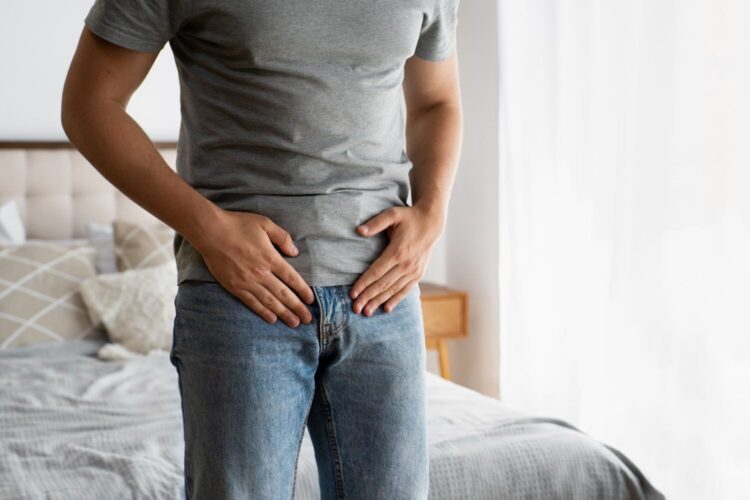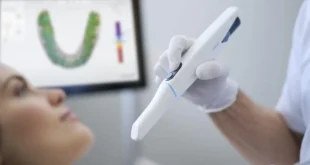Male impotence, or erectile dysfunction (ED), is a widespread concern impacting the lives of many across the globe. It exerts profound effects on physical and emotional well-being, necessitating a comprehensive grasp of its underlying causes.
This article delves into the intricate web of medical, psychological, and lifestyle factors that intricately contribute to male impotence.
Medical Underpinnings
- Cardiovascular complications ─ Impaired blood flow due to cardiovascular issues like hypertension, atherosclerosis, and heart disease can impede the capacity to achieve and sustain an erection.
- Neurological hurdles ─ Neurological disorders encompassing conditions like multiple sclerosis, Parkinson’s disease, and spinal cord injuries can disrupt the intricate nerve signals vital for eliciting erections.
- Hormonal imbalances ─ Disruptions in hormonal equilibrium, particularly involving testosterone, can significantly influence sexual function, potentially giving rise to impotence.
- Vascular health and impotence ─ One of the leading causes of impotence lies within the intricate network of blood vessels that nourish the male reproductive system. Exploring the connection between vascular health, blood flow, and erectile function can unveil crucial insights. Factors such as hypertension, diabetes, and atherosclerosis can significantly impact blood circulation, subsequently affecting sexual performance. Investigating how these vascular issues interplay with impotence opens new avenues for targeted interventions.

Psychological Complexities
- Anxiety and stress ─ Psychological stressors, often rooted in performance anxiety, work-related stress, or relationship conflicts, can lead to a state of heightened anxiety that interferes with normal sexual function.
- Depression ─ The intricate connection between mental health and sexual health is evident in cases of depression, which can dampen libido and lead to difficulties in achieving or sustaining erections.
- Body image issues ─ Negative perceptions of one’s own body can contribute to self-esteem issues, potentially affecting sexual confidence and performance.
Lifestyle Factors
- Sedentary lifestyle ─ Physical activity plays a crucial role in maintaining overall health, including sexual function. A sedentary lifestyle can exacerbate weight gain, increase the risk of cardiovascular issues, and consequently, contribute to impotence.
- Smoking and alcohol consumption ─ Both smoking and excessive alcohol consumption can damage blood vessels and impair blood circulation, culminating in ED.
- Unhealthy dietary choices ─ Poor dietary habits, laden with processed foods high in sugar, unhealthy fats, and lacking in essential nutrients, can negatively impact vascular health and subsequently contribute to impotence.

The Path to Holistic Management
Understanding the multifaceted origins of male impotence is pivotal for effective management. Holistic approaches that address medical, psychological, and lifestyle factors can yield favorable outcomes:
- Medical consultation ─ Seeking medical guidance is paramount to rule out or manage underlying health conditions. This might involve medication, hormone therapy, or other medical interventions.
- Psychological support ─ Mental well-being should not be underestimated. Therapies, counseling, and stress-reduction techniques can aid in addressing psychological barriers to sexual function.
- Lifestyle modifications ─ Adopting a healthier lifestyle through regular exercise, smoking cessation, moderate alcohol consumption, and a balanced diet can markedly improve sexual health.
Male impotence is a complex issue influenced by a plethora of factors. By delving into the realms of medical intricacies, psychological nuances, and lifestyle influences, we gain a comprehensive view of this concern. Acknowledging these interconnected facets empowers individuals and healthcare professionals alike to develop tailored approaches to mitigate impotence’s impact and restore a fulfilling sexual life.
 Hi Boox Popular Magazine 2025
Hi Boox Popular Magazine 2025



